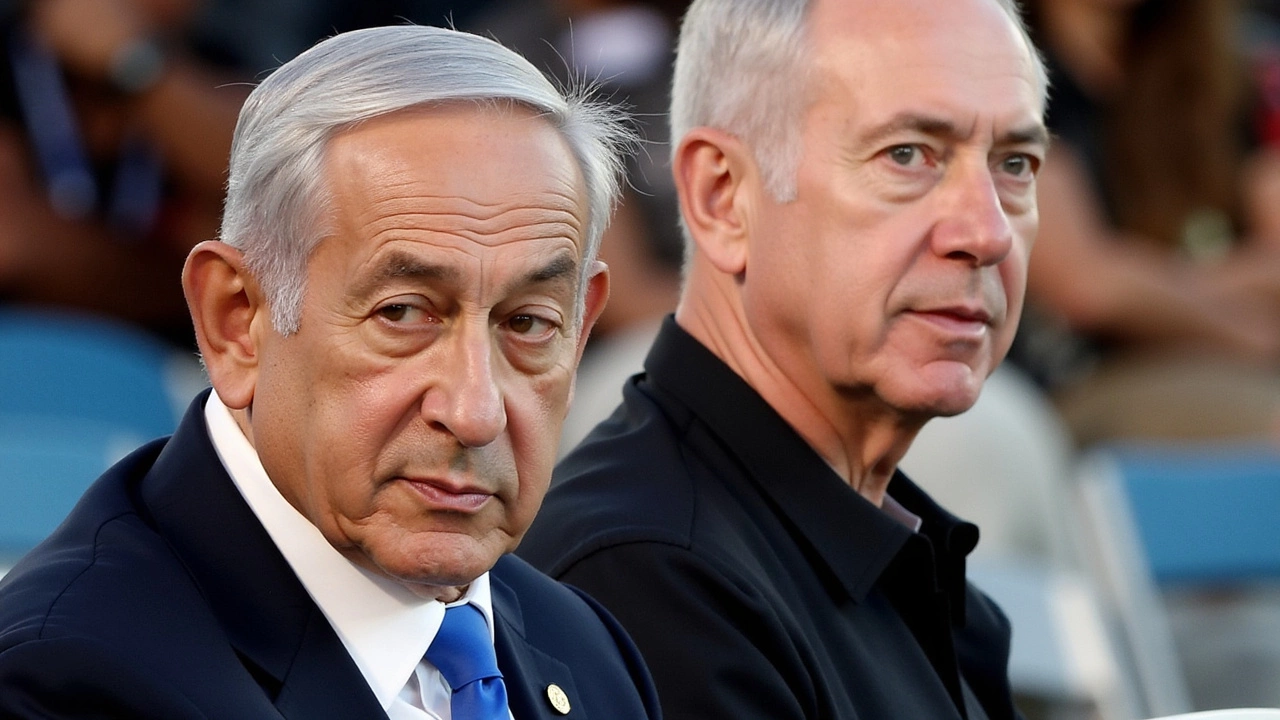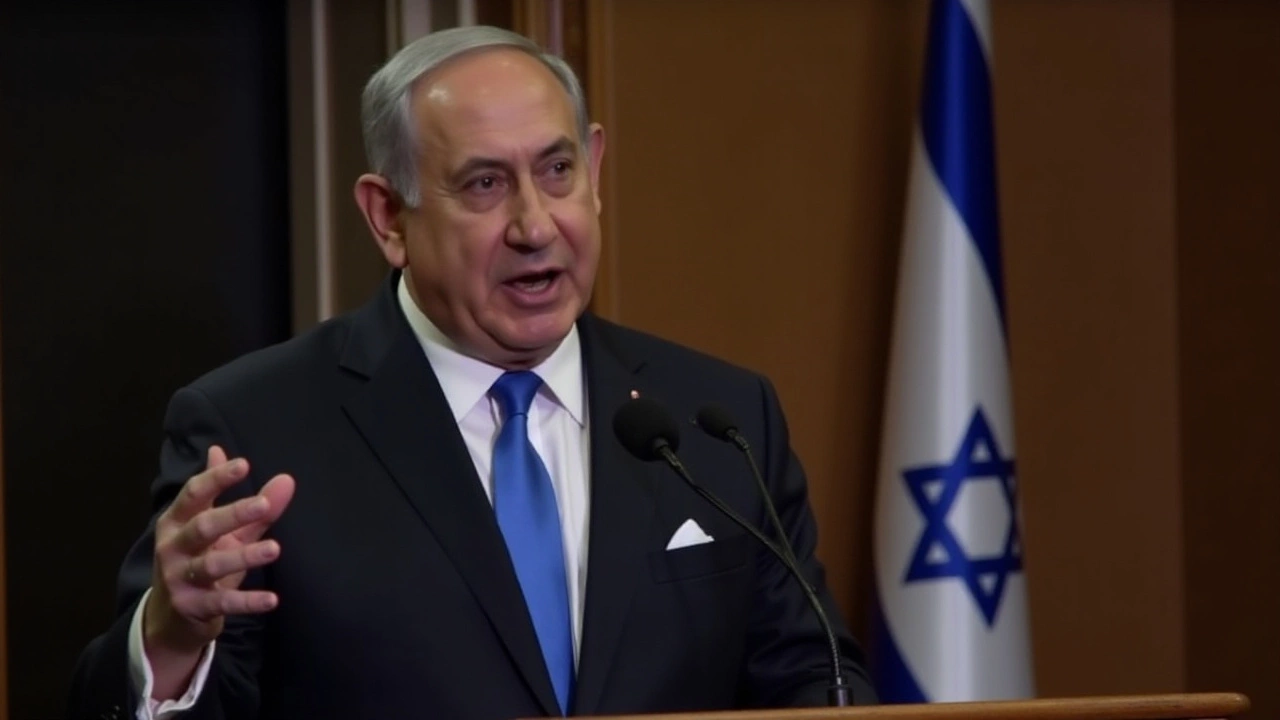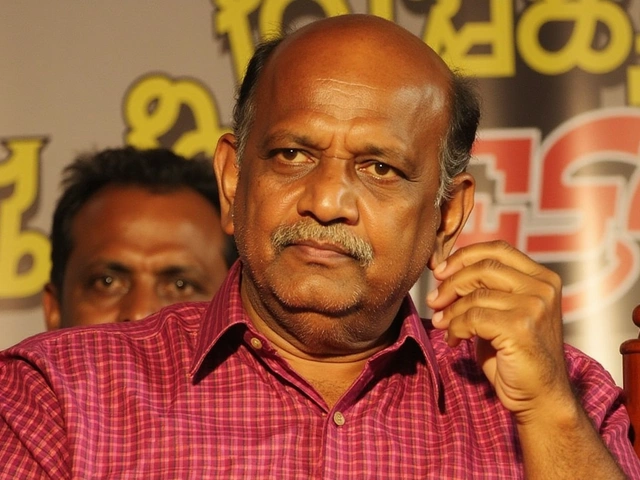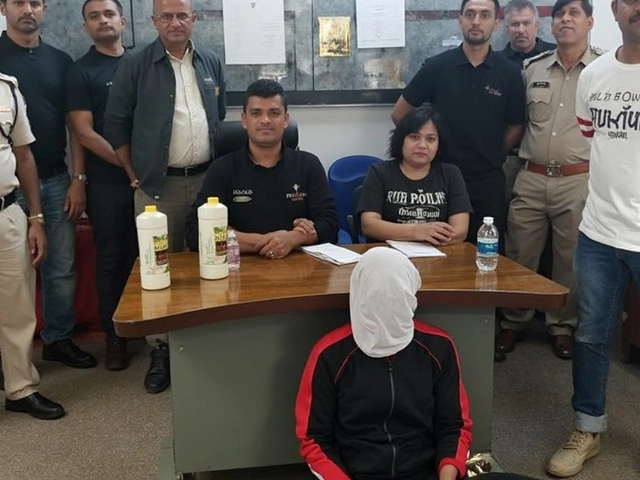ICC Takes A Stand Against War Crimes
The International Criminal Court (ICC), an institution established with the aim of bringing justice to victims of grave crimes, has recently taken a bold step by issuing arrest warrants for some of the most prominent figures involved in the longstanding Israeli-Palestinian conflict. These figures include Israel's Prime Minister Benjamin Netanyahu and former Defence Minister Yoav Gallant. The court has accused them of perpetrating significant war crimes and crimes against humanity. Also included in this list is Mohammed Deif, the leader of Hamas. The court alleges he participated in mass killings during the tumultuous events that took place in October 2023, amongst other serious charges.
Understanding The Charges Against Israeli Leaders
The ICC's accusations against Netanyahu and Gallant revolve around the allegations of deprivation of essential necessities for the civilian populace in Gaza. The three-judge panel emphasizes there is reasonable evidence that these leaders intentionally restricted access to basic requirements like food, water, medicines, fuel, and electricity. This blockade allegedly targeted the civilian community of Gaza with starvation as a method of warfare. Such charges are severe, as they highlight the gravity of intentional suffering inflicted on civilians, raising significant ethical and legal questions that have sparked international debate.
The Complicated Case of Mohammed Deif
With respect to Mohammed Deif, the charges primarily concern violent actions linked to the fierce escalation of hostilities in October 2023, including mass killings. Furthermore, the ICC accuses Deif of ordering rape and hostage-taking, reflecting the brutal nature of the conflict from the Hamas perspective. Despite reports of his death, the prosecution insists on continuing investigations, indicating the complexities involved in the volatile region. The pursuit of these charges underscores the ICC's commitment to maintaining accountability, despite the uncertainties associated with guerilla warfare tactics and leadership changes.
Divided Reactions To The ICC's Actions
The decision to issue these warrants has been met with sharp reactions from multiple fronts. Israel's government, spearheaded by Netanyahu's office, has fiercely rejected the charges, labeling them as antisemitic and fallacious, marking a dark blemish on the ICC's reputation. Former Prime Minister Naftali Bennett and opposition leader Yair Lapid have echoed this sentiment, rallying support for Netanyahu while dismissing the court's directive as a misguided persecution campaign against Israel's leaders.

Hamas's Response And The Path Forward
In stark contrast, Hamas has embraced the scrutiny provided by the ICC, praising the court's action as an initial step towards recognizing the injustices faced by Palestinians. They have called for the ICC to widen its net to hold all leaders accountable for ongoing occupation-related violations. This highlights the schismatic views on the court's decision, underscoring how the differing narratives shape this deeply entrenched conflict. Hamas's endorsement of ICC intervention suggests a potential shift where international adjudication becomes a valued tool for marginalized voices.
The Enforcement Challenge
While the ICC's decision to issue these arrest warrants signifies a monumental advance in the pursuit of international justice, enforcing these warrants presents its own challenge. The ICC lacks its enforcement body or police force, relying heavily on the cooperation of its member states. With 125 nations, including significant global players such as the European Union members, the UK, Japan, Australia, Canada, Brazil, and Jordan belonging to the ICC, these warrants place restrictions on travel for Netanyahu and Gallant. They face the real possibility of arrest and extradition should they set foot in any of these jurisdictions, making their international diplomatic engagement exceptionally precarious.
The Wider Implications on Global Politics
This development also impacts the broader global geopolitical landscape, adding pressure on international relationships and affecting diplomatic dynamics. Countries sympathetic to Israel may find themselves at odds with the ICC's ruling, confronting the challenge of balancing international law with political allegiances. These events have heightened tensions in the Middle East, illustrating how the repercussions of the ICC's intervention stretch beyond legal realms into the fabric of international diplomacy.
Conclusion
The issuance of these arrest warrants by the ICC is more than just a procedural event; it is a reflection of the evolving nature of international justice and accountability in conflict zones. As these proceedings progress, the world watches with bated breath, cognizant of the far-reaching implications on peace, justice, and the enduring quest for reconciliation within one of the most intractable geopolitical conflicts of our time.



